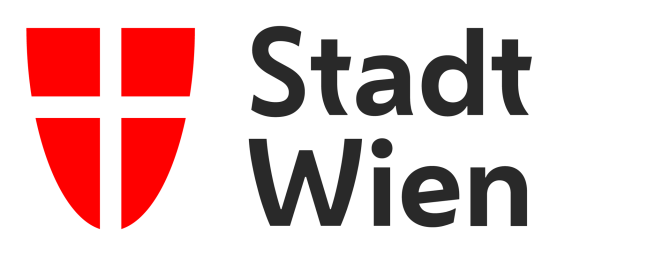The city of Vienna has been on an open source journey which started in the 2000s, and today it has become a Smart City using open source software and methods as well as FIWARE evaluation tools.

Since 2006, Vienna has had its own Linux distribution – Wienux – and during the 2000s and ‘10s it replaced proprietary software with open source in the public sector. Today it is a Smart City with open standards and FIWARE tools for evaluation.
An e-Government Bund-Länder-Gemeinden report from 2020 states that the relevance for open source is to foster and allow interorganisational collaboration in the work with Big Data for public sector, and as a method of working outside of software development.
The main goals for Vienna, as depicted in the report, are to create transparency, establish legality, and improve visibility. Open source is used in Vienna’s data centres, collaboration tools, end-devices, tools and methods for software development.
Smart City Vienna
In 2019, Vienna was number one Smart City of 153 cities worldwide according to a report from RolandBerger, and number 25 on the 2020 Smart City Index by IMD.
Vienna uses the open source data platform FIWARE to analyse their collected data for research and evaluation purposes. FIWARE defines a universal set of standards for context data management. It facilitates the development of Vienna as a Smart City. The non-profit FIWARE initiative drives the definition of open standards for smart digital solution following an open source approach without vendor lock-in.
Last year of the evaluation phase
In 2021, Vienna intends to end the monitoring and evaluation phase of its Smart City projects. The goal is to assess how existing experience can fuel other projects and develop new business models for the pleasure and benefit of citizens of Vienna.
The Smart City initiatives include favouring pedestrians in traffic intersections and converting energy from rail brakes into the electricity grid (mobility initiatives), distribution of waste heat and increasing the use of electric vehicles and LED lighting (sustainability initiatives), and citizen participation in green and communal space projects (social initiatives). All initiatives are analysed with the open source software FIWARE to create transparency and prevent vendor lock-in.
Final take-aways
- Vienna has transformed itself from a city with 454 Linux servers (out of 2.000 servers in total) to be a Smart City engaged in open source and open standards.
- Among the benefits of open source are flexibility, transparency, and quality. It is also a driver for innovation in Vienna.
- In 2021, Vienna Smart City are finishing the monitoring and evaluation phase where data is analysed from open standards in FIWARE.

